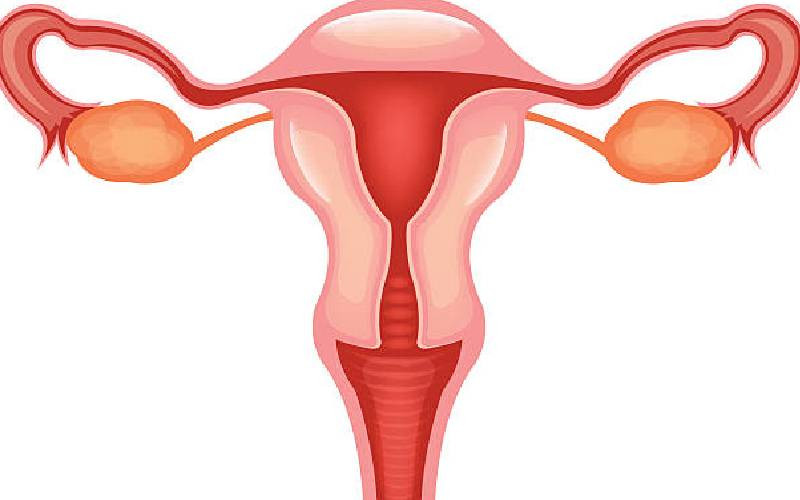×
The Standard e-Paper
Fearless, Trusted News

Hysterectomy is associated with long term health risks to women.
The findings of a study published in American medical journal Menopause shows that women whose uteruses are removed have increased risk of several cardiovascular diseases and metabolic conditions, even when both ovaries are conserved.